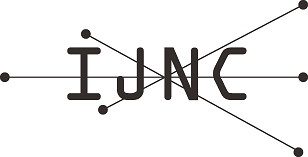Resilient Scheduling Heuristics for Rigid Parallel Jobs
Abstract
This paper focuses on the resilient scheduling of parallel jobs on high-performance computing (HPC) platforms to minimize the overall completion time, or the makespan. We revisit the classical problem while assuming that jobs are subject to failures caused by transient or silent errors, and hence may need to be re-executed each time they fail to complete successfully. This work generalizes the classical framework where jobs are known offline and do not fail: in this framework, list scheduling that gives priority to the longest jobs is known to be a 3-approximation when imposing to use shelves, and a 2-approximation without this restriction. We show that when jobs can fail, using shelves can be arbitrarily bad, but unrestricted list scheduling remains a 2-approximation. The paper focuses on the design of several heuristics, some list-based and some shelf-based, along with different priority rules and backfilling strategies. We assess and compare their performance through an extensive set of simulations using both synthetic jobs and log traces from the Mira supercomputer.
Keywords
Full Text:
PDFRefbacks
- There are currently no refbacks.
